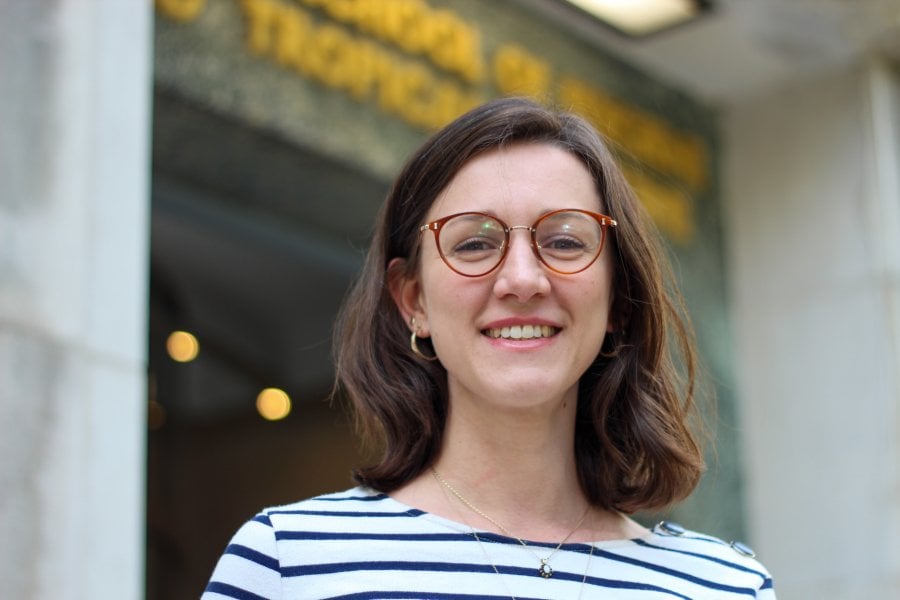
Tell us about your current research
I’m currently working on the topic of polio elimination in Afghanistan and Pakistan. My focus is on estimating the sensitivity of surveillance for wild polio virus in this region, both through cases of acute flaccid paralysis and through regular wastewater sampling. We can then use this within a statistical framework to infer the probability that a lack of observed disease reflects freedom from underlying infection.
A high proportion of poliovirus infections never develop to recognisable clinical disease and wastewater surveillance can detect shedded virus from these “silent” infections, providing valuable insight into residual circulation and risk of ongoing transmission. A key aim of this work is to understand whether expansion of wastewater surveillance could increase confidence to shorten the timeline for certification of elimination after the last clinical cases are observed.
How did you first become interested in infectious disease modelling?
As a maths undergraduate I was looking for a career which applied the theory I’d enjoyed learning but wasn’t banking or insurance. I picked up on the idea of statistics and health and took an internship working on clinical trials for a biotech company, at which I met someone who’d studied at LSHTM and who inspired me to pursue the same degree in Medical Statistics. My masters thesis looked at genetic variants of malaria parasite and their geographic origins and I was particularly drawn to the mapping aspect, thinking about the way in which infectious disease is observed over space. This later motivated me to apply for a position using statistical modelling to forecast an infectious disease across different geographical areas, at which point I joined CMMID and have continued in this area ever since.
Describe your career journey so far
After graduating I taught epidemiology at the Barts medical school through QMUL, but knew I was interested in a more research-focused path. The opportunity arose to return to LSHTM to work on leishmaniasis, which developed my interest in disease mapping, surveillance and elimination settings and gave me the chance to complete a PhD. I’ve since been lucky to pursue these ideas further through different projects on COVID-19, TB and now polio.
What are your goals for the future?
Going forward I’m interested to explore how climate change has impacted and will continue to impact infectious disease elimination programmes, and what adjustments could/should be made in order to not lose the hard-won progress of the past few decades, to still reach these goals and finally reap the benefits of doing so. I also hope to have a chance to work more closely to the implementation and decision-making side of public health, to experience the process of translating research into practice.
What’s your favourite thing about working at LSHTM?
Being connected with a global community of researchers and able to engage with other countries and cultures through rewarding collaborative work.
Do you have any advice or tips for other early career researchers?
I’m not a fan of giving presentations, but I try to say yes whenever someone asks to force myself to practice. It makes the more important ones less of a big deal if you do it often in more informal settings. If you don’t overthink and say yes straight away, then future you just has to get on with it! Also there’s an excellent Italian sandwich shop off Goodge Street called Dino’s Deli that’s great for lunch if you’re around Keppel Street.
How can people get in contact with you?
Twitter/X: @esnightingale
LSHTM's short courses provide opportunities to study specialised topics across a broad range of public and global health fields. From AMR to vaccines, travel medicine to clinical trials, and modelling to malaria, refresh your skills and join one of our short courses today.
